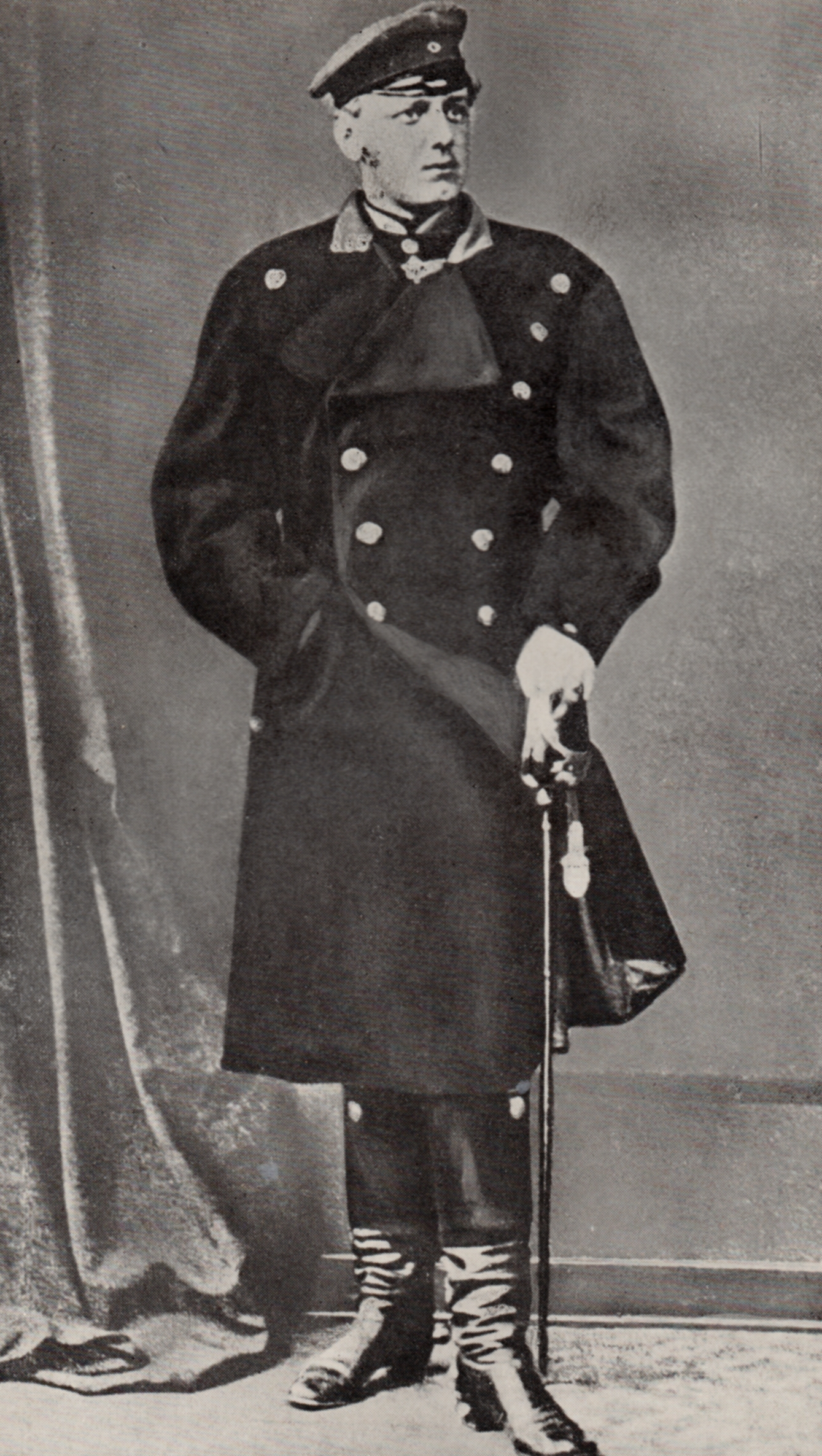Bernhard von Bulow
Bernhard Bülow was the German Chancellor from 1900 to 1909. He is known for his aggressive foreign policy that angered both France and Russia, ultimately resulting in the formation of the Triple Entente.
Born in Klein-Flottbeck in 1849, Prince Bernhard von Bülow spent his early working years in the Prussian court. He joined the diplomatic service in 1874. He was appointed state secretary at the German Foreign Ministry in June 1897, where he proved himself to be a skilled and likeable diplomat. During this time, Bernhard learned that agreeing with Wilhelm II was the best way to appease him.
Bulow’ main objective was to keep Germany free from alliances. He believed that alliances tied the hands of the nation. Germany’s limited scope of influence in the buildup to World War One showed these fears to be well-placed.

When Austria declared war on Serbia, Russia came to the aid of Serbia. Fearing that France would remain loyal to the Triple Entente, Germany had no choice but to carry out the Schlieffen Plan. For this reason Bülow was wary of building alliances.
However, in a time where alliances were a major way of balancing power, other nations became suspicious of Bülow’s resistance. Moreover, their concern grew when he rejected a proposed alliance with Great Britain and harshly criticised Joseph Chamberlain in the Reichstag.
Bülow gained recognition in 1898 for his work in annexing Kiaochow in the Far East Nationalist feeling was high and Bülow was expected to reflect this in his foreign policy.
Bülow was also loyal to Wilhelm II, agreeing with the Kaiser on most issues. However, their first disagreement led to Bülow’s resignation.
This disagreement stemmed from an interview Wilhelm II gave to the Daily Telegraph in 1908. Wilhelm sent the manuscript of the interview to Bülow to check over it. However, Bülow sent the manuscript to the Foreign Office unchecked. After a series of misunderstandings, the unmodified document was approved for publication. The contents of the interview proved to be controversial - Wilhelm had managed to offend the British, French and Russians. This blunder soured the Wilhelm’s relationship with the Chancellor and Bülow resigned in 1909.
Bülow died in retirement in 1929.
MLA Citation/Reference
"Bernhard von Bulow". HistoryLearning.com. 2026. Web.
